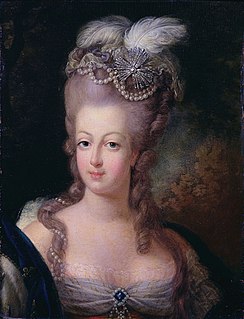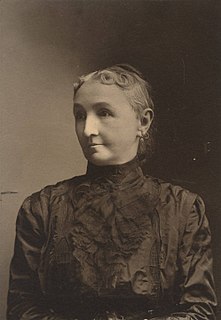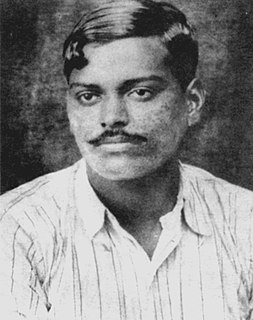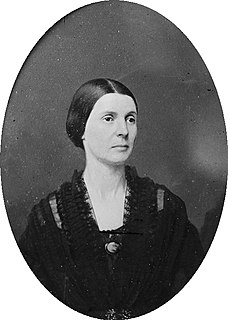A Quote by Wilhelm Dilthey
No real blood flows in the veins of the knowing subject constructed by Locke, Hume, and Kant, but rather the diluted extract of reason as a mere activity of thought.
Related Quotes
Kant ... was also quite aware that "the urgent need" of reason is both different from and "more than mere quest and desire for knowledge." Hence, the distinguishing of the two faculties, reason and intellect, coincides with a distinction between two altogether different mental activities, thinking and knowing.
The blood of Abraham, God's father of the chosen, still flows in the veins of Arab, Jew, and Christian, and too much of it has been spilled in grasping for the inheritance of the revered patriarch in the Middle East. The spilled blood in the Holy Land still cries out to God--an anguished cry for peace.
Kant's aim was to develop a religion within the boundaries of mere reason (that is, reason unaided by special empirical revelation) and then to ask about existing ecclesiastical faith (especially about Christianity, and the Lutheran Christianity of his time and place) how this revealed faith must be interpreted if it is to be reconciled with reason, and even seen as a wider (though morally optional) extension of a religion of reason.
... It's perfect! Locke would appreciate it." "Bug," Calo said, "Locke is our brother and our love for him knows no bounds. But the four most fatal words in the Therin language are 'Locke would appreciate it.'" "Rivalled only by 'Locke taught me a new trick,'" added Galo. "The only person who gets away with Locke Lamora games ..." "... is Locke ..." "... because we think the gods are saving him up for a really big death. Something with knives and hot irons ..." "... and fifty thousand cheering spectators.
Moral theory develops from the divine command theory of medieval Christian philosophy, mixed up with a bit of ancient pagan virtue theory, to the purely secular moral sentiment and interpersonal reaction theories of Smith and Hume, to Kant's attempt to restore command theory but with something supersensible in the individual rather than God as the source of authority.
However inadequate our ideas of causal efficacy may be, we are less wide of the mark when we say that our ideas and feelings have it, than the Automatists are when they say they haven't it. As in the night all cats are gray, so in the darkness of metaphysical criticism all causes are obscure. But one has no right to pull the pall over the psychic half of the subject only . . . whilst in the same breath one dogmatizes about material causation as if Hume, Kant, and Lotze had never been born.






































